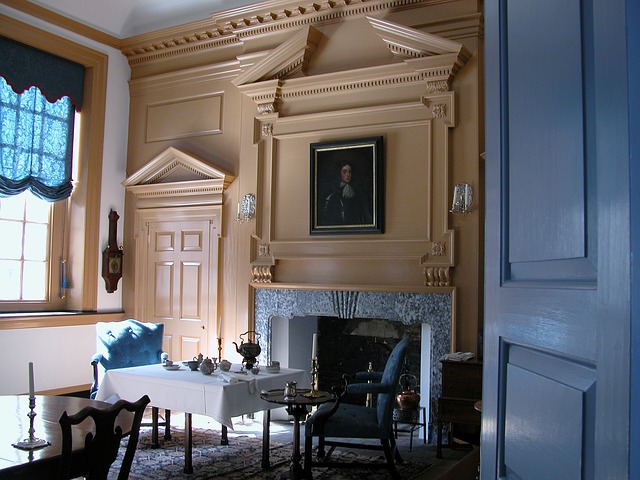The Duke
Diamond Member
- Jul 30, 2022
- 26,548
- 31,983
- 2,288
Well, maybe we'll learn to accept his douchebaggy derpness with love.But we’re stuck with The Dainty just the way he is.
Sadly.
Maybe.
Follow along with the video below to see how to install our site as a web app on your home screen.
Note: This feature may not be available in some browsers.
Well, maybe we'll learn to accept his douchebaggy derpness with love.But we’re stuck with The Dainty just the way he is.
Sadly.
Hell, it wasn't even about the taxes.
Facts: not like your distorted opinions
So Dante never commented upon your delusional claims
It was a statement against unfair taxation. Taxes might not have been so bad if England had provided some benefit from the taxes paid.
One must bear in mind that during those times, in Britain, representation was also highly limited due to unequally distributed voting constituencies and property requirements; only 3% of the population could vote and they were often controlled by local gentry. (From wiki.)
And never again treated their citizens in remote colonies the way they had treated the American Colonies.
How did they “treat” them?
with they having no say in the matter.
I was under the assumption that the Revolution was about the French-Indian War, and the Colonists’ refusal to pay for it.
Forbidding all local assemblies, allowing no local representation. Imposing taxes from afar with they having no say in the matter.
Which is why the colonies after that were allowed to form their own assemblies. And the Crown worked through them to impose taxes, or to impose things like conscription.
Okay foolYou’d be crying and whining and demanding life sentences for “terrorists,” you mumbling, fumbling, stumbling hypocritical and confused jackass
So when the Lunatics start running the asylum, you proudly proclaim yourself a wit? Cousin to nitwit?Funny thing is, from what I am seeing far more in here are agreeing with what you call "my distorted opinions" than whatever it is you are trying to claim.
You know, it is rather pathetic when people talk about themselves in the third person.
Either pathetic, or a sign of mental illness.
Uh, they were all subjects, not citizens.And never again treated their citizens in remote colonies the way they had treated the American Colonies.
as subjects, not as citizens.How did they “treat” them?
partially.I was under the assumption that the Revolution was about the French-Indian War, and the Colonists’ refusal to pay for it.
